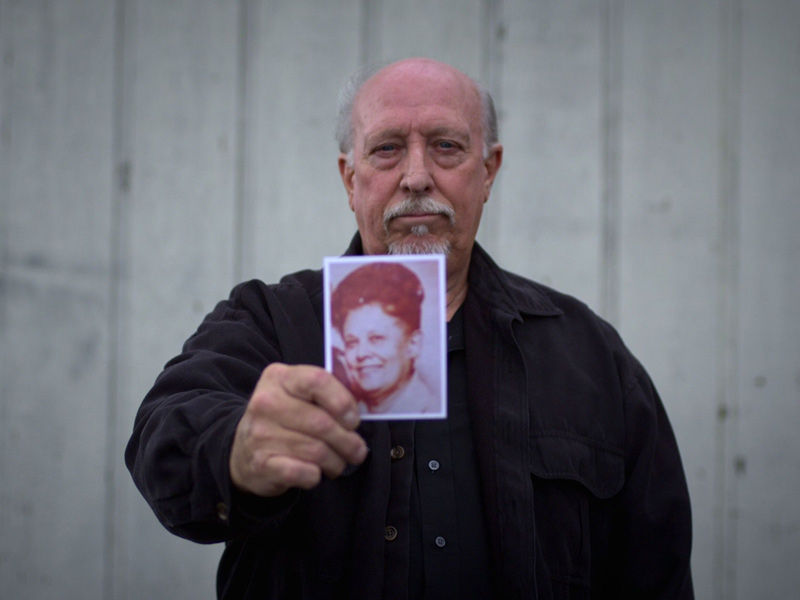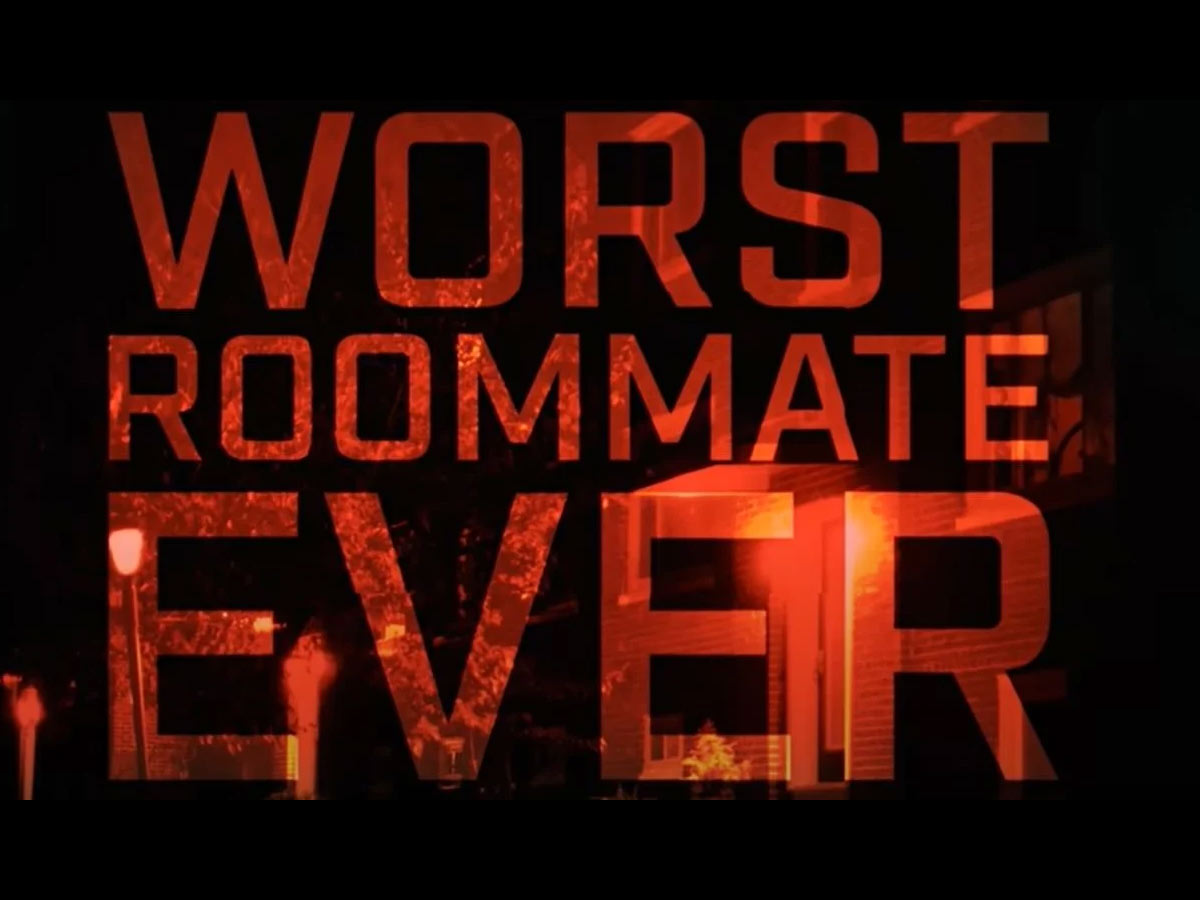Unlike many of Netflix’s popular documentaries, which gained traction in the days and weeks after their debut as news of their stunning disclosures spread, Worst Roommate Ever attracted curiosity from the time it was announced.

Why? Because the series is controlled by Blumhouse Television, the horror company behind the Paranormal Activity, Insidious, and Halloween reboots.
A horror powerhouse tackling a true-crime docuseries? Surely a blockbuster hit? The maestros of horror bringing to life true horror stories seemed like a no-brainer. It turns out that it’s not so simple.
Why do stories of devious scam artists and vicious assassins, with incidents ranging from the outright awful to the completely ludicrous, catch the imagination of so many people? Why are we so captivated by people’s ability to cause harm? And why are we unable to turn our gaze away? Simple. We want to know why someone did something, not simply what they did.

A good true crime series satisfies a simple hunger by simply reporting the facts of the case at hand. Great real crime show delves deeply into such details to explain what drives individuals to do bad acts, balancing a fine with compelling entertainment and empathetic reconstruction.
The rise of long-form episodic true crime has been a boon to streaming services, notably Netflix, which struck gold with its 2015 original series Making a Murderer, a story about an alleged miscarriage of justice that sparked worldwide attention and drew massive ratings.
Since then, the streamer has released hundreds of real crime sagas and shows no signs of stopping down. Its most recent release, Blumhouse Television’s five-part limited series, keeps things simple. The sensationalist title, inspired by various newspaper headlines, tells it all. Worst Roommate Ever follows four murder, fraud, and theft stories, each centring on a different roommate from hell, with the first case spread into two episodes.
Also Read, The Fame Game: Madhuri Dixit Makes an Amazing OTT Debut
Throughout five episodes, seemingly innocent characters with malevolent goals eventually reveal themselves, proving that evil wears a mask that resembles all of our faces. Each story is framed with interviews, stock footage, and animated reconstruction scenes to fill in the gaps.
The first episode, “Call me Grandma,” tells the story of infamous serial killer Dorothea Puente, an elderly woman whose hunger for killing is only equalled by her icy calm. True crime fans will recognize her name, and this is quickly where the show falls short.
Rather than seeking new instances, the series chooses well-trodden cases whose subjects have been featured in countless previous films. It doesn’t appear to matter to the filmmakers if they could find new information to bolster the case, give new research, or do anything other than copy and paste. Armchair sleuths who scour Reddit threads for every detail will find nothing revelatory here.

The finest episode of the series, “Roommate Wanted,” a genuinely horrible narrative with thrilling twists and turns for the case of Jamison Bachman, is inspired by a New York Magazine piece whose title inspired the documentary. If you’ve already read that essay, you won’t learn anything new about Bachman. However, for those unaware of his heinous acts, it is in this double episode that the filmmakers find their footing, constructing a gripping narrative of many timelines. Bachman’s web of deception is devastating to see, as we learn of homelessness and life-long suffering as a result of his acts.
True crime sagas are frequently chastised for making the uneasy decision to normalize criminals. Is it really necessary to comment on Ted Bundy’s attractiveness? Why should heinous crimes and those who commit them be glorified? Worst Roommate Ever avoids this sensitive subject entirely by concentrating on the victims of these criminals and their families rather than the offenders. The angle preys on our fears, as the show encourages you to consider what you would do if a monster were residing in your house.
We learn about the consequences of their misdeeds through the individuals whose lives they have devastated, which gives Worst Roommate Ever genuine power. But this comes at a cost. It’s evident that the people subjected to these creatures had trauma, but does the programme glamourize such experiences to heighten the drama?
Perhaps it is a naive request for a show to elicit an emotional response from its audience. Yet, in more than one interview, people break down from the burden of repeating their awful situation. Faces are swollen with tears, and words become stuck in their throats.

In “Marathon Man,” the story of worldwide conman Youssef Khater, a survivor, is wrapped in plastic and left for dead. With the questioning team’s prodding, the disturbed survivor discloses that she is unable to live without extreme terror dictating her every action. Another, who, after narrating her story, is merely informed by an off-screen voice, “that’s heartbreaking,” is provided with no consolation or sincerity, and it feels more like a chance to land footage.
Perhaps a naive request for a show attempting to elicit an emotional response from its audience, yet individuals break down Worst Roommate in more than one interview.
It ever does not attempt to disguise its predatory edge, pushing at the survivors and feeling egregiously rude and out of touch in the process. Whereas media articles on these creatures go into their backstories in an attempt to seek answers about their psychopathy, the documentary does not. Requiring the survivors to do the hard lifting loses an opportunity to bring something unique to true crime.





























